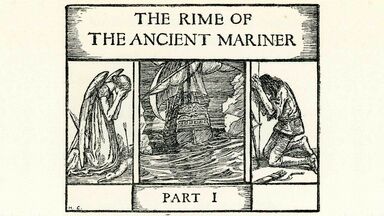Mercy Definition
- Without any protection against; helpless before:
drifting in an open boat, at the mercy of the elements.
- completely in the power of
Other Word Forms of Mercy
Noun
Idioms, Phrasal Verbs Related to Mercy
Origin of Mercy
-
From Middle English merci, from Anglo-Norman merci (compare Old French merci, mercit), from Latin mercÄ“dem, accusative of mercÄ“s (“wages, fee, price"), from merx (“wares, merchandise"). Displaced native Middle English are, ore "mercy" (from Old English ār "mercy, grace"), Middle English mildse "mercy, clemency" (from Old English milds, milts "mercy, kindness").
From Wiktionary
Middle English from Old French merci from Medieval Latin mercēs from Latin reward
From American Heritage Dictionary of the English Language, 5th Edition
Find Similar Words
Find similar words to mercy using the buttons below.





